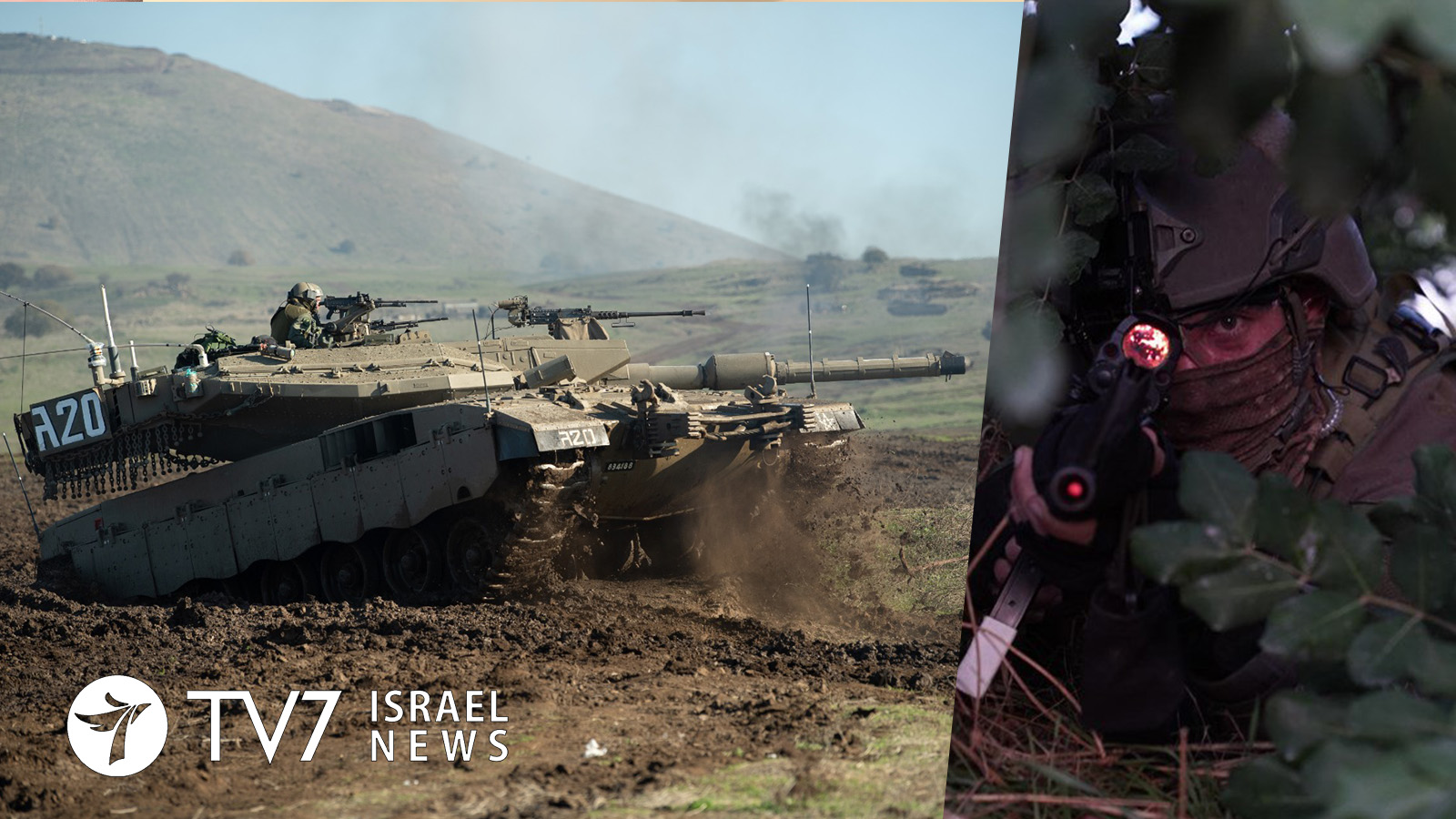Israel must sell weapons abroad to survive, but there are costs
By Amir Oren
When the State of Israel was born in battle, repulsing invaders from neighboring Arab countries while fighting indigenous Palestinians, it had a vital need for weapons, any weapons, from second-grade rifles to obsolete armored vehicles. David Ben Gurion, first Prime Minister and Defense Minister, said at the time that the procurement of weapons was as crucial to Israel’s ability to win the war as its brave warriors and clever commanders.
To bypass a strict embargo and lessen dependence on foreign sources, Ben Gurion and his associates, led by Shimon Peres, invested in home-grown weapon production, in addition to creating strategic alliances – France comes to mind – which included arms sales. Thus were born and raised the Israel Aircraft Industries, Ta’as (Israel Military Industries) and Rafael, each specializing in certain areas of defense research, development and production. Later on, private and privatized companies led by business-minded entrepreneurs joined the group, most prominently Elbit.
Gradually, Israel became an arms exporter while still an importer. Major, top of the line items such as fighter-planes, missile boats and submarines must as ever be bought abroad (the Merkava tank is a unique exception, but its engine is nevertheless American). Less sophisticated systems started coming out of local production lines, straight into the combat units of the IDF. The problem was, the Israeli military was too compact to sustain an ambitious industrial base. Retail items were too expensive, compared to wholesale prices worldwide, when available. The civilian side of the Defense Ministry, in the person of Peres, clashed with General Staff officers led by Yitzhak Rabin and concerned with an imminent war more than with a long-range vision which will fail to materialize if Israel loses that next war.
Eventually, a balance was found. Whenever possible, economy of scale won the day – the same item would cost the IDF less and free more of the defense budget if a foreign buyer was also found. But this is where diplomatic consideration started weighing heavily. Israel wanted to sell weapons (plus doctrine and training) to certain countries under certain regimes, but not to others, and it had to take note of third parties’ sensitivities, primarily Washington’s. Sometimes it had to do not with American distaste towards Apartheid South Africa, but rather with the concern that small and needy Israel is becoming a competitor – and one funded by American taxpayers. Thus, U.S. efforts to bar or dissuade governments in Asia and Latin America from buying Kfir fighters powered by American engines, and later forcing the cancellation of the Lavie project because it was viable only if sold by hundreds abroad.
Intricate factors cloud the picture. Jerusalem wants better relations with Russia and China, partly in order to limit their arms sales to Israel’s enemies, but first priority must always be accorded to American wishes, which often run against Moscow and Beijing. Also, if Israel sells to one combatant, its adversary could sour on it and get closer to Iran, Hezbollah or Turkey, with the grand total reflecting an Israeli loss. Over-zealous salesmen have been known to try to market the same system, or counter-system, to two regional rivals.
With this as background, Israel was swept into the latest conflagaration between Azerbaijan and Armenia over Nagorno-Karabakh. Israeli-made drones able to attack ground targets by munitions or crash into them kamikaze-style were used by the Azeris with some effectiveness. Armenia responded by recalling its Ambassador from Tel Aviv “for consultations” – a minor diplomatic slap on the hand, probably caused by the Azeris touting their success owing to Israeli ingenuity.
Azerbaijan is of strategic significance to Israel due to its position bordering Iran. It is also an important source of revenue to the Israeli defense industry. Armenian protests will not change these facts, especially since on other issues Israel and Armenia’s arch-enemy Turkey are at loggerheads. But this issue is a stark illustration of the need to consider all aspects by various officials – in the Defense and Foreign Ministries, the National Security Staff and MOSSAD – before committing Israel to an arms sale which could turn some security and financial profits into a strategic loss.
